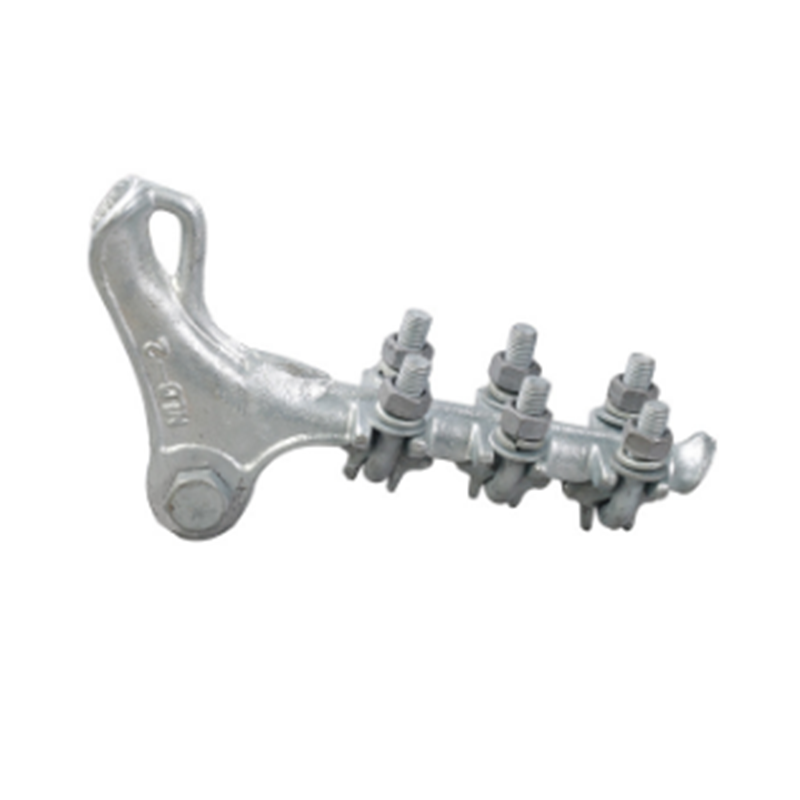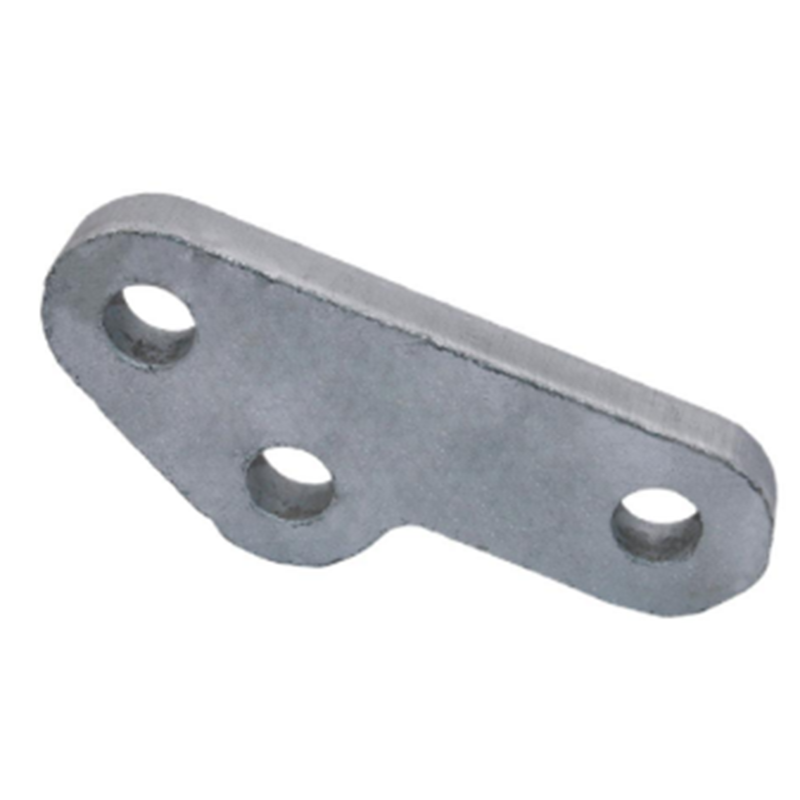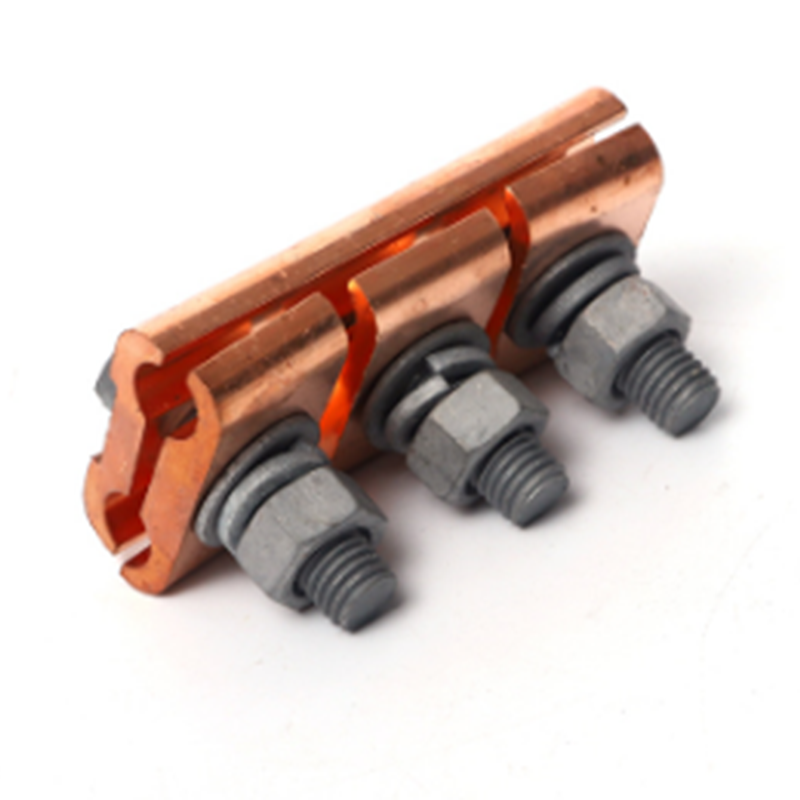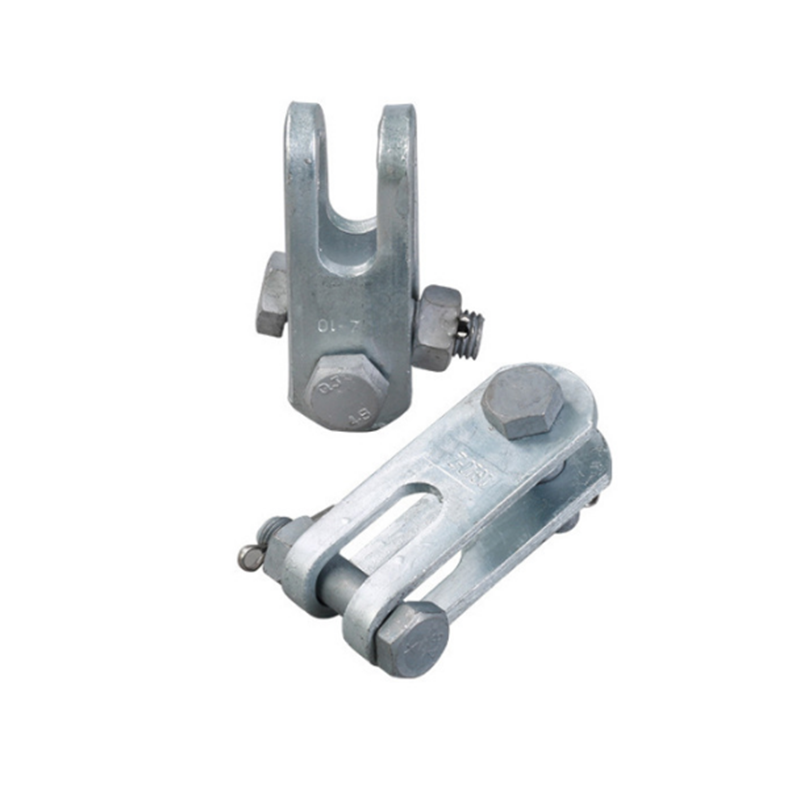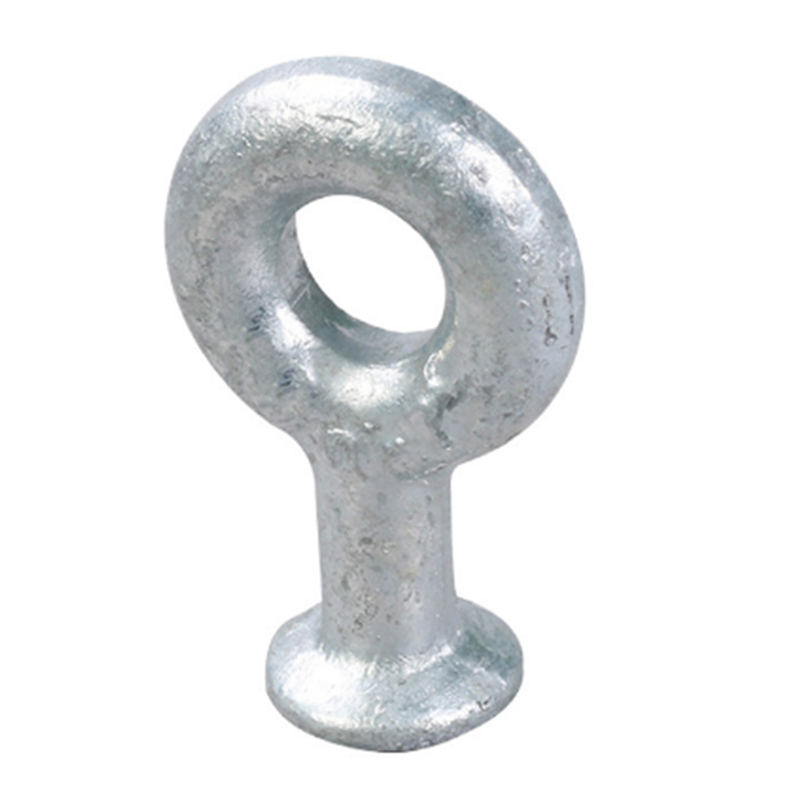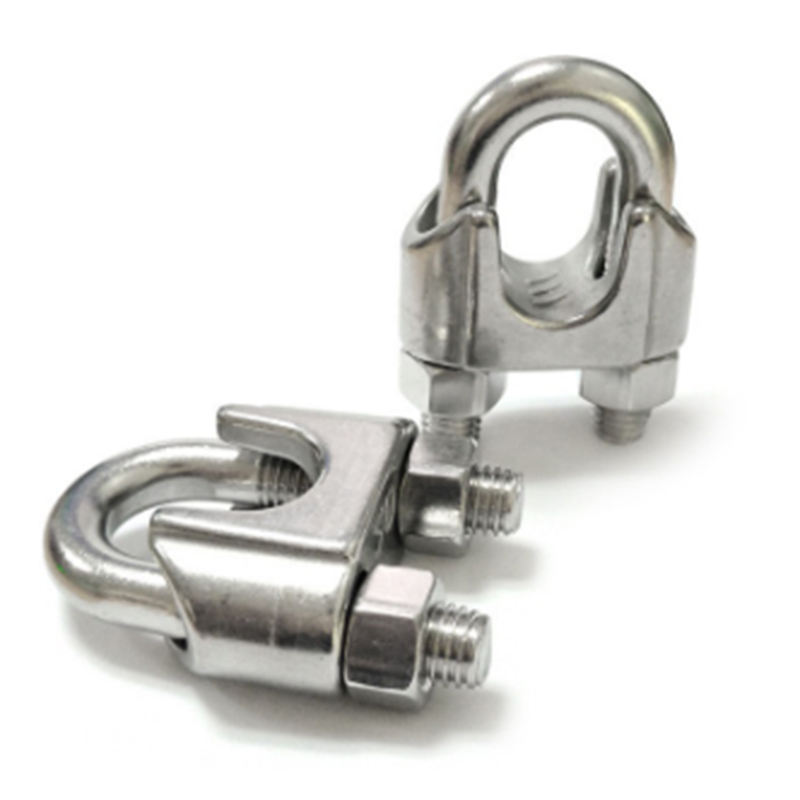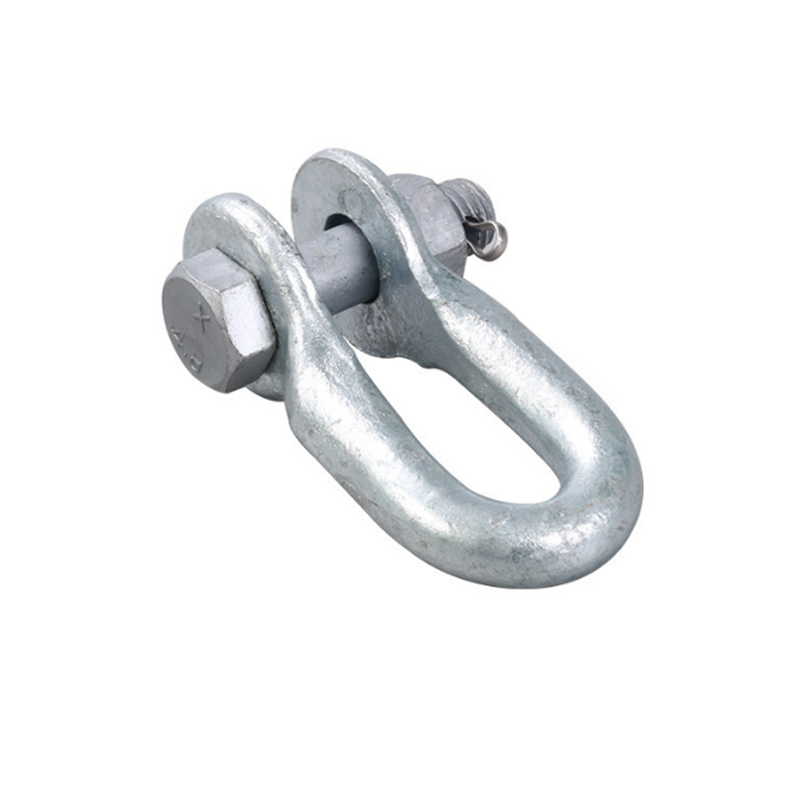- Chinese
- French
- German
- Portuguese
- Spanish
- Russian
- Japanese
- Korean
- Arabic
- Irish
- Greek
- Turkish
- Italian
- Danish
- Romanian
- Indonesian
- Czech
- Afrikaans
- Swedish
- Polish
- Basque
- Catalan
- Esperanto
- Hindi
- Lao
- Albanian
- Amharic
- Armenian
- Azerbaijani
- Belarusian
- Bengali
- Bosnian
- Bulgarian
- Cebuano
- Chichewa
- Corsican
- Croatian
- Dutch
- Estonian
- Filipino
- Finnish
- Frisian
- Galician
- Georgian
- Gujarati
- Haitian
- Hausa
- Hawaiian
- Hebrew
- Hmong
- Hungarian
- Icelandic
- Igbo
- Javanese
- Kannada
- Kazakh
- Khmer
- Kurdish
- Kyrgyz
- Latin
- Latvian
- Lithuanian
- Luxembou..
- Macedonian
- Malagasy
- Malay
- Malayalam
- Maltese
- Maori
- Marathi
- Mongolian
- Burmese
- Nepali
- Norwegian
- Pashto
- Persian
- Punjabi
- Serbian
- Sesotho
- Sinhala
- Slovak
- Slovenian
- Somali
- Samoan
- Scots Gaelic
- Shona
- Sindhi
- Sundanese
- Swahili
- Tajik
- Tamil
- Telugu
- Thai
- Ukrainian
- Urdu
- Uzbek
- Vietnamese
- Welsh
- Xhosa
- Yiddish
- Yoruba
- Zulu
- Kinyarwanda
- Tatar
- Oriya
- Turkmen
- Uyghur

Washer lock
The Intricacies of Washer Locks in Fastening Solutions
When dealing with assembly and fastening, the humble washer lock often plays a critical, yet frequently overlooked role. Many in the industry underestimate its importance, often relegating it to a last-minute consideration. However, a competent fastener, known for preventing loosening, deserves more attention. Let’s dig into its functionalities, and potential pitfalls, while drawing on insights from real-world applications.
Understanding the Role of Washer Locks
So, what exactly does a washer lock do? To put it simply, it provides friction and tension around a fastener, working to prevent loosening under vibration or torque. But there's a catch—it needs to be chosen and installed correctly to function effectively.
Many assume that any washer will suffice, but in reality, the type and material of a washer lock can significantly affect its performance. In my own projects, I’ve seen instances where a stainless steel washer outperforms its carbon steel counterpart, especially in corrosive environments.
Handan Shengfeng Hardware Fastener Factory, a supplier reputed for its wide range of washers, including spring and flat washers, emphasizes the importance of selecting the right type. Their presence in Hebei, adjacent to National Highway 107, offers a strategic advantage for quick distribution.
Common Missteps in Washer Lock Application
One typical error is neglecting the size specificity of the washer. An ill-fitting washer can cause more harm than good, leading to misalignment or even fastener failure. I've encountered scenarios where ignoring washer size led to significant downtimes and project delays.
Another oversight is installation technique. A washer lock that isn’t properly seated can fail to provide the necessary tension. I've learned, sometimes the hard way, that torque specifications need to be adhered to meticulously.
Resources from manufacturers like Shengfeng Hardware can be invaluable here, offering detailed guides on installation best practices, ensuring you won’t fall into these traps.
Material Matters
Materials are a significant factor in the effectiveness of a washer lock. In marine or chemically harsh environments, a typical carbon steel washer can fail prematurely, making stainless steel or even specialty coatings a necessity.
From dealing with fasteners on bridges to sensitive electronic installations, I've come to appreciate the diverse materials Shengfeng Hardware offers. Each composition has its particular strengths, aligning them with project requirements is crucial.
Taking into account different environmental exposures is another layer of complexity. I always advocate for a thorough understanding of environmental stressors when selecting materials, a practice that has saved countless hours and resources.
Success Stories and Lessons From the Field
I've been involved in projects where the right use of washer locks translated to incredible stability and durability. In one infrastructure build, the precise choice of spring washers from Shengfeng's selection reduced vibration issues significantly.
But not every story is a success. Early in my career, rushing decisions led to using subpar washers which resulted in repeated failures under moderate stress. It was a learning curve that impressed upon me the importance of quality and fit.
Companies like Shengfeng, with their strategic location and extensive catalog, offer invaluable support for ensuring such mistakes are minimized, if not avoided altogether.
Looking Forward: Innovation and Evolution
The world of fasteners is not static. With innovations in materials technology and design, the way we approach washer locks is continually evolving. I’m excited to see how emerging trends like smart materials and precision engineering will redefine standards in the near future.
Shengfeng Hardware, leveraging its proximity to major transport routes in Handan, is well positioned to adopt and distribute these advancements quickly, expanding its repertoire of over 100 specifications in washers and beyond.
Staying updated with these developments can significantly bolster fastening solutions, making them more efficient and reliable, thereby addressing the ever-increasing demands of modern construction and engineering projects.
Соответствующая продукция
Соответствующая продукция




